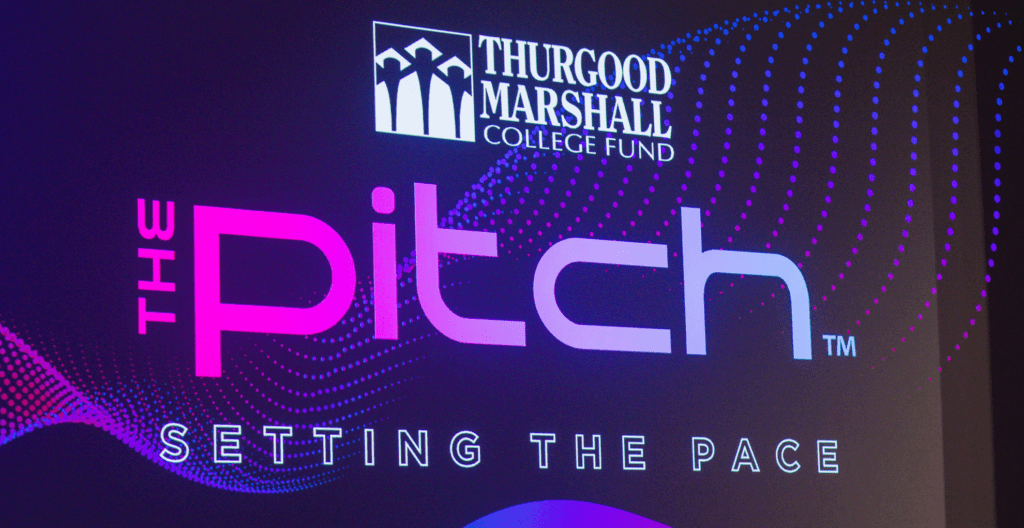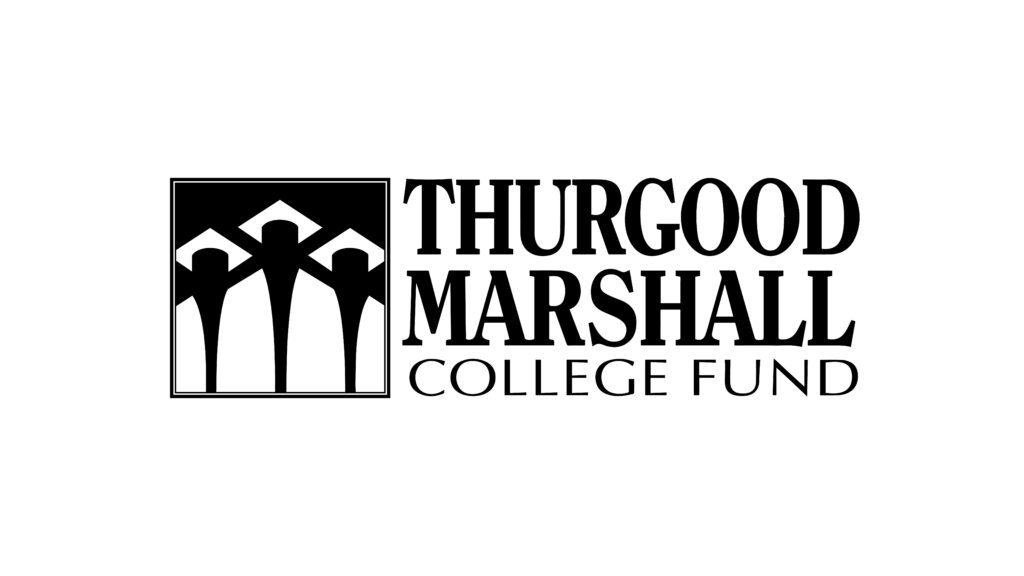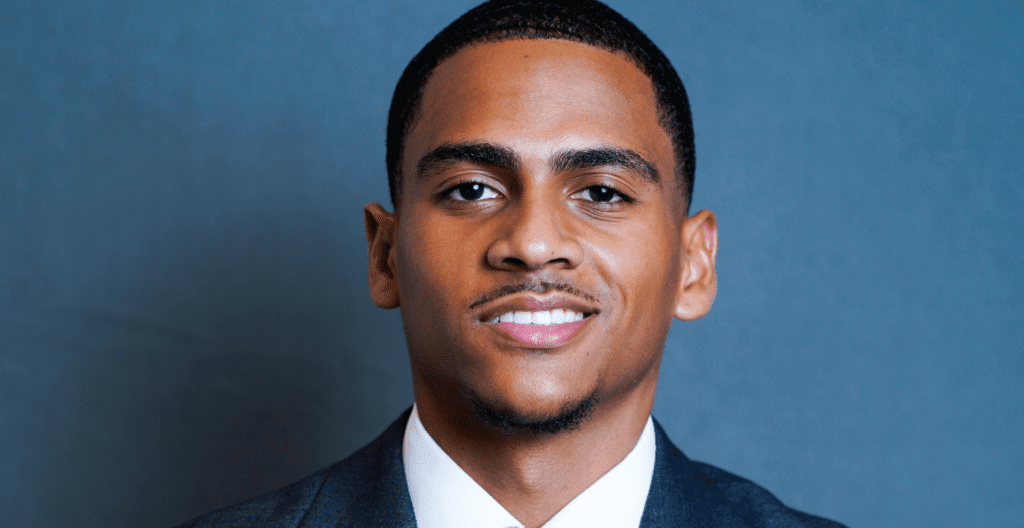A definitive new report from the Dr. N. Joyce Payne Research Center (Payne Center) at the Thurgood Marshall College Fund (TMCF) reveals that America’s public historically Black colleges and universities (HBCUs) are indispensable engines of national strength, yet their potential is capped by systemic underfunding. The report, “The American Dividend: Public HBCUs Powering National Strength and Opportunity,” provides irrefutable data showing these institutions are powering the nation’s talent pipeline and economic mobility while operating with significantly fewer resources than their peers.
The findings expose a critical national paradox: public HBCUs are achieving extraordinary outcomes for the country despite chronic underinvestment.
Key findings with profound implications for U.S. competitiveness include:
- Soaring Demand: Applications to public HBCUs have surged by 126% since 2004, dramatically outpacing the national average and signaling a powerful recognition of their value.
- STEM and Research Powerhouses: Public HBCUs are disproportionately responsible for America’s future innovation, accounting for 80% of Accreditation Board of Engineering and Technology- (ABET) accredited engineering programs at HBCUs and representing 85% of high-research-activity HBCUs.
- Unmatched Economic Mobility: These institutions are proven pathways to the middle class, with nearly 70% of their graduates reaching the middle class or above—a mobility rate approximately 50% higher than graduates from predominantly white institutions.
- The “Do More With Less” Reality: This outsized impact occurs despite a stark funding gap. The average public HBCU endowment is $41 million—less than a third of the average private HBCU endowment ($133 million)—even though public HBCUs serve three times as many undergraduate students.
“The data is clear and the message is urgent: public HBCUs are not just educational institutions; they are strategic national assets,” Dr. M. C. Brown II, executive director of the Dr. N. Joyce Payne Research Center and lead author of the report, said. “The surge in demand is a vote of confidence from a generation that sees their value. However, we are leaving immense national potential on the table by not addressing the resource inequities that have persisted for decades. Investing in public HBCUs is not merely about equity; it is a strategic necessity for American prosperity and global leadership.”
“The American Dividend” is the fifth major publication from the Payne Center, continuing its mission to provide data-driven analysis on the critical role of HBCUs. This report serves as a direct, evidence-based call to action for policymakers, corporate leaders and philanthropists.
“Where we invest defines our future,” Dr. Harry L. Williams, president & CEO of the Thurgood Marshall College Fund, said. “This report removes all ambiguity. To secure the ‘American Dividend’—a more competitive, innovative and prosperous nation—we must strategically and equitably invest in the public HBCUs that are already delivering exceptional returns for us all. The call for partnership and policy change has never been clearer.”
The full report, including detailed data on enrollment, degree production and financial analysis, is available for download at tmcfpayne.org.
###
About the Thurgood Marshall College Fund (TMCF)
Established in 1987, the Thurgood Marshall College Fund (TMCF) is the nation’s largest organization exclusively representing the Black college community. TMCF member schools include the publicly supported historically Black colleges and universities, predominantly Black institutions and historically Black community colleges, enrolling nearly 80% of all students attending Black colleges and universities. Through scholarships, capacity building and research initiatives, innovative programs and strategic partnerships, TMCF is a vital resource in the K-12 and higher education space. The organization is also the source of top employers seeking top talent for competitive internships and good jobs. TMCF is a 501(c)(3) tax-exempt, charitable organization. For more information about TMCF, visit www.tmcf.org.
About the Dr. N. Joyce Payne Research Center
The Dr. N. Joyce Payne Research Center at TMCF conducts rigorous, evidence-based research to address systemic challenges and improve outcomes for populations facing barriers to opportunity. The Payne Center generates research-driven strategies to highlight the unparalleled contributions of HBCUs and inform policy.



